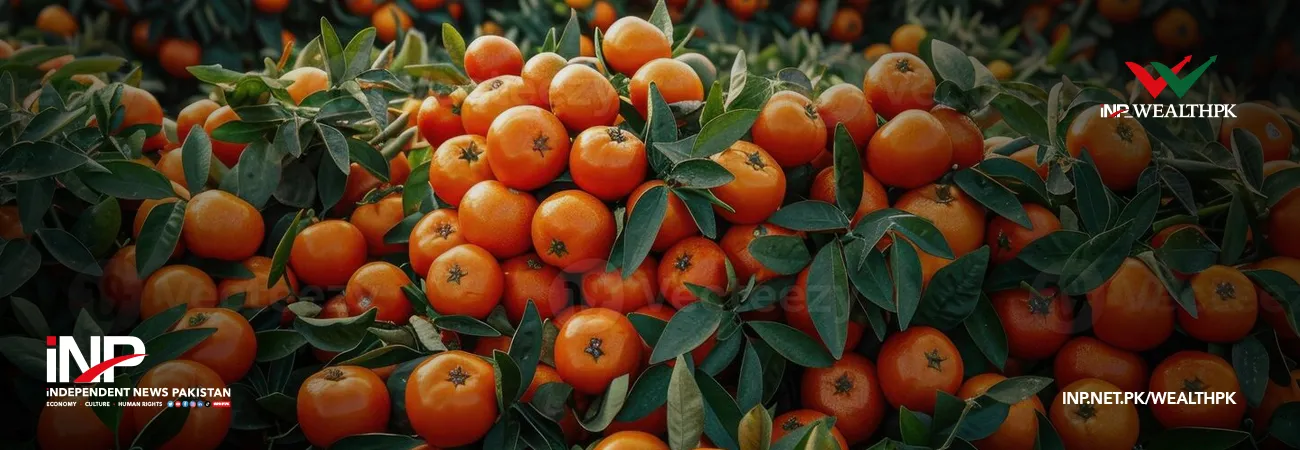آئی این پی ویلتھ پی کے
By Arsalan Ali ISLAMABAD, May 16 (INP-WealthPK): Intense heatwaves have posed a serious threat to agricultural productivity and water availability, affecting crop yields, nutrient levels and soil moisture. Rising temperatures are also causing fast depletion of glaciers, causing unexpected floods. The Pakistan Metrological Department (PMD) predicts that rising wind pressure will cause daytime temperatures to rise in most parts of the country, advising farmers to take appropriate measures to irrigate crops based on weather conditions. Talking to WealthPK, Dr Abedullah, Chief of Research at the Pakistan Institute of Development Economics (PIDE), said sudden temperature changes, anomalous rainfall, or extreme weather events, have harmful effects on performance in agricultural and livestock activities. “We must bear in mind that climate change will significantly affect the duration and quality of the growing season,” he added. He said, “we should be aware of the fact that dramatic increases in floods and droughts will become an increasingly frequent and intense phenomenon in future.” However, he said that modern technologies could help alleviate these adverse effects on crop yields. Abedullah said artificial intelligence could build on discovered climate connections to provide enhanced warnings of approaching weather features, including extreme events. He said that floods and droughts had an unwanted effect on production of crops, including cotton, rice, wheat, pastures, and fruits around the world, and Pakistan has also been affected due to these unexpected events. The PIDE researcher cautioned that if dams were not constructed Pakistan could face severe shortage of irrigation water and the resultant food scarcity as the country’s agriculture heavily depends on the Indus River for irrigation. Abedullah further said that floods caused soil erosion and were one of the main causes of decreasing productivity of crops. “Rising temperatures have also increased pest and weed attacks on major crops as increasing global warming is forcing insects in warmer areas to move to colder places,” he added. According to FAO estimates, crop losses in Pakistan due to locust attacks in 2020 could be as high as Rs353 billion for the Rabi crops and Rs464 billion for the Kharif crops. Devastating floods of 2010, 2011 and 2014 had an overwhelming effect on the whole economy as they damaged the standing crops on a large-scale. Pakistan is regarded as a country most vulnerable to climate change. According to a German Watch 2021 report, Pakistan was the eighth-most affected country by climate change over the last two decades, while IQAir, a Swiss air quality technology company, ranked Pakistan's air as the second most polluted in 2021. There are some steps the government can take to help farmers ward off effects of climate change to some extent. The government should educate farmers on how to use technology to be climate resilient. Farmers with enough understanding of changing weather patterns would better minimise the risks to their crops. The government should provide loan facilities to poor farmers so they can easily purchase the latest technology to increase crop productivity.












